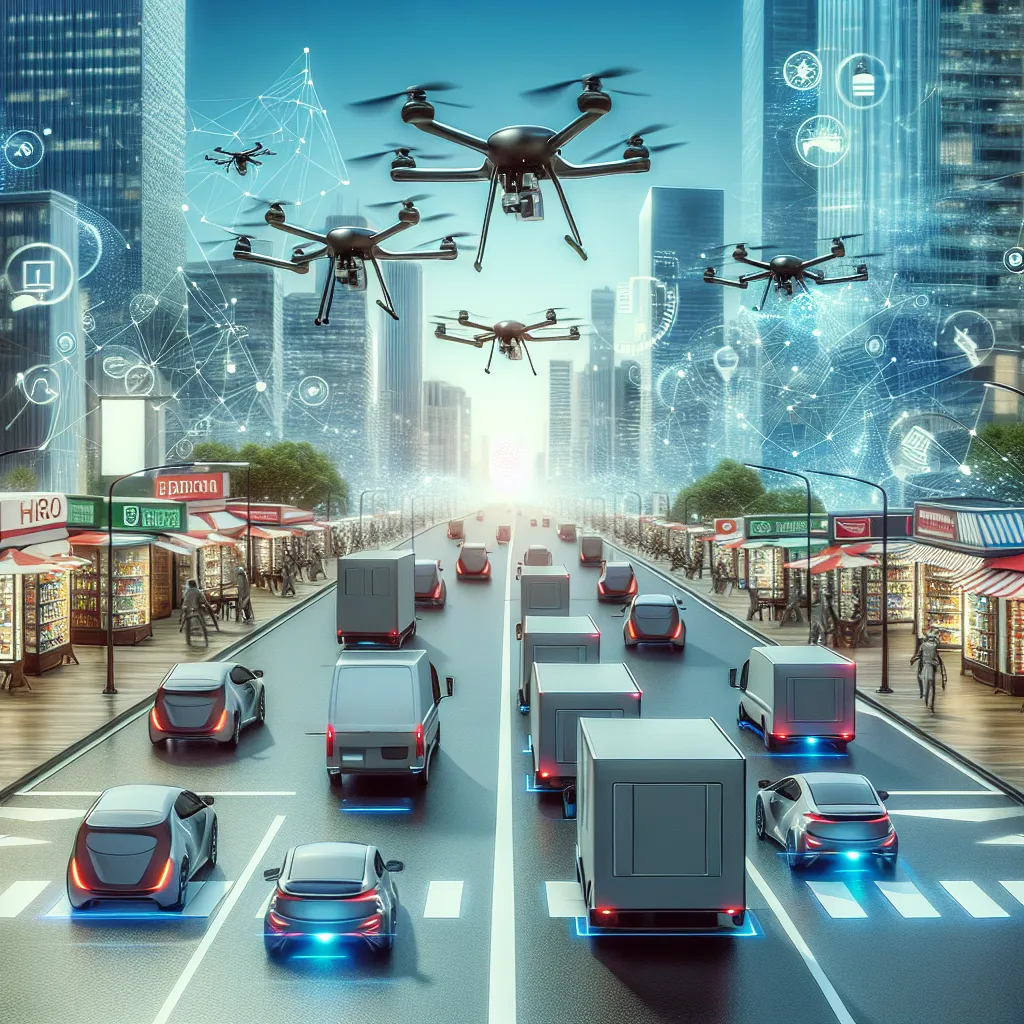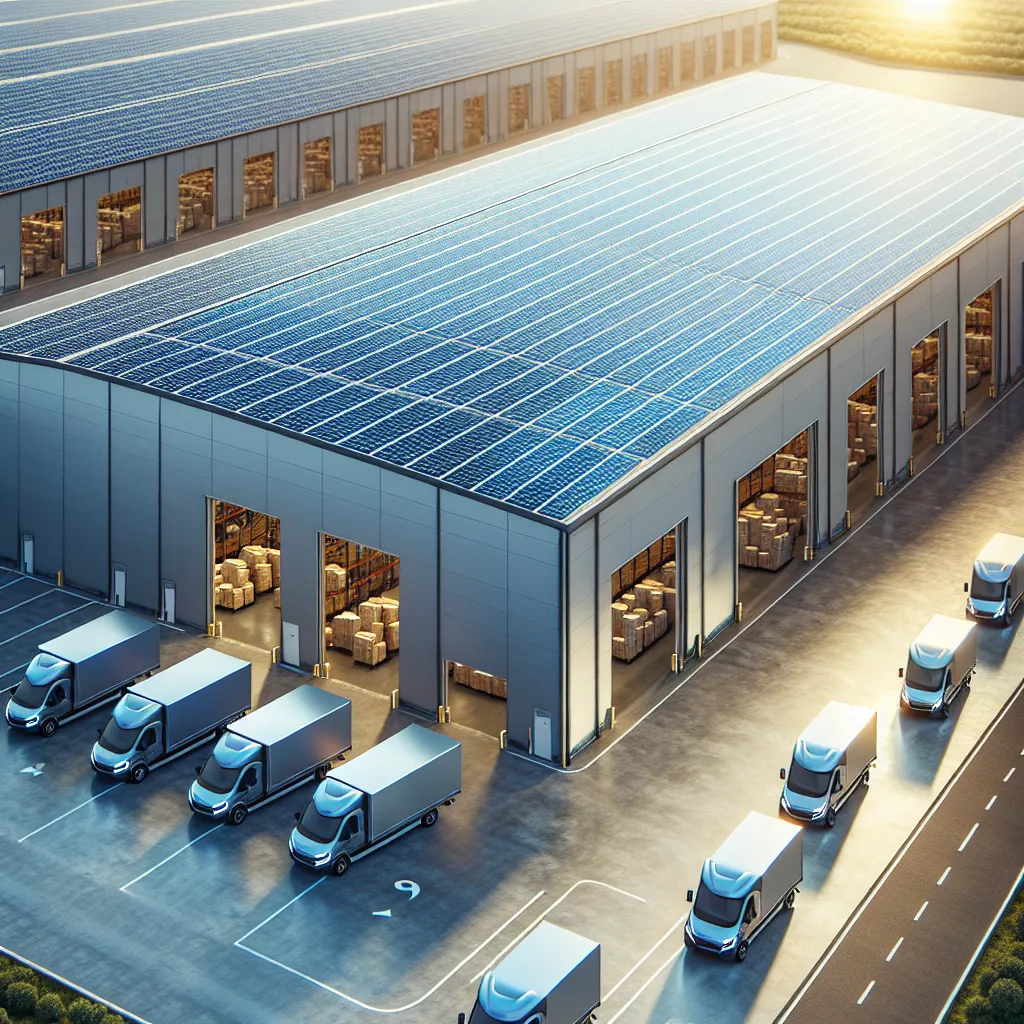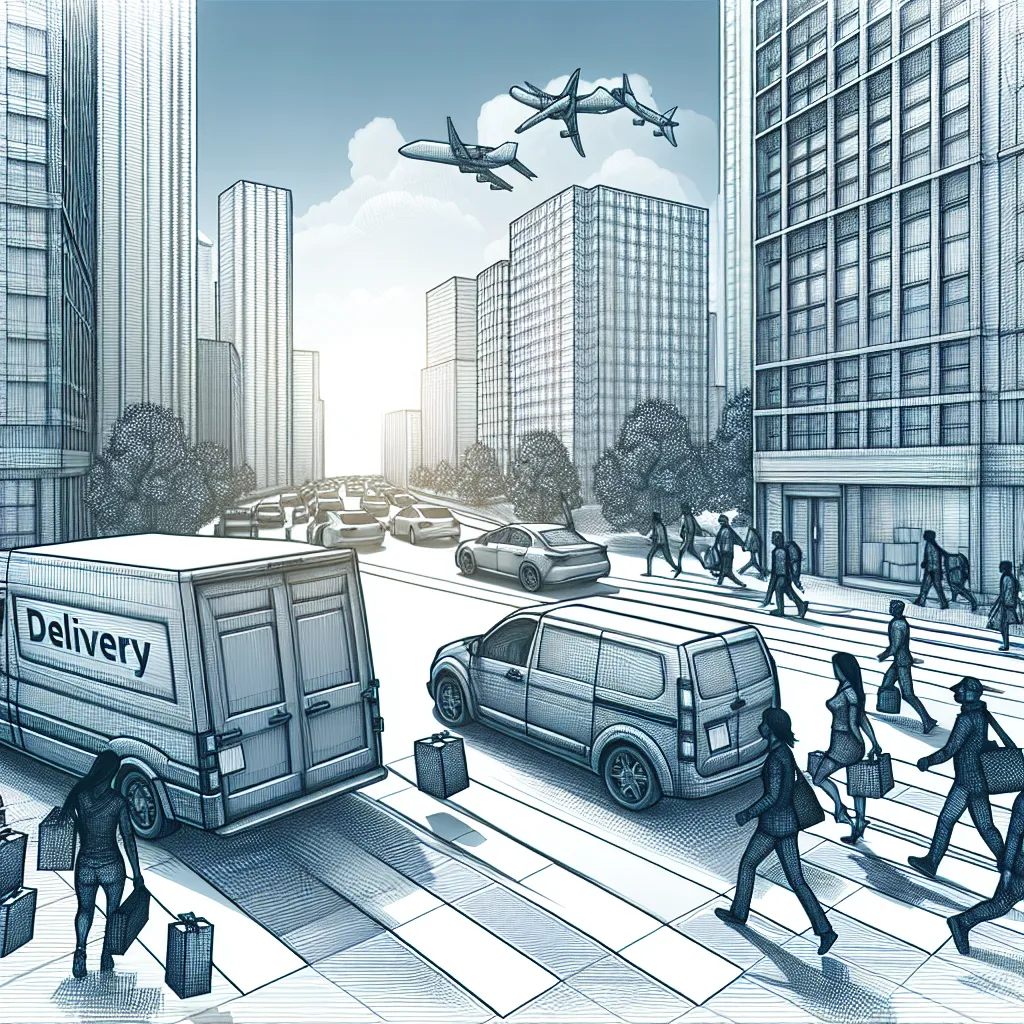The article “Overcoming Challenges of Agile Implementation in Large Enterprises” addresses the complexities of implementing Agile methodologies in large organizations and provides insights into the obstacles and strategies for success. It identifies resistance to change, alignment across teams, maintaining consistency, and scaling issues as critical challenges, emphasizing the need for strong leadership, effective communication, and a cultural shift. The article highlights the importance of clear communication, cross-functional teams, and empowerment in overcoming these challenges and scaling Agile practices effectively. It concludes by emphasizing the potential benefits of Agile for large organizations and the need to address these obstacles to unlock its full potential. Overall, it offers a comprehensive overview of the challenges and strategies involved in implementing Agile in large enterprises, making it essential reading for anyone navigating this complex terrain.
Author: admin

The Impact of Forwarding on Global Supply Chains
The article delves into the transformative impact of forwarding services on global supply chains, emphasizing their role in driving efficiency, integration, and digitalization within logistics and shipping. It highlights how forwarding companies optimize transportation routes, facilitate multimodal transportation integration, and drive digital transformation to enhance visibility and transparency in supply chain operations. The article underscores the pivotal role of forwarding services in reshaping global supply chains and emphasizes their potential to further optimize the movement of goods across the world. Readers will gain insights into how forwarding plays a crucial role in streamlining the movement of goods, reducing transit times, minimizing environmental impact, and ensuring compliance with import/export regulations, highlighting the value of forwarders in enhancing the overall efficiency of global supply chains.

Technological Advancements Reshaping Last-Mile Delivery Industry
The article explores how emerging technologies such as drone delivery, autonomous vehicles, and artificial intelligence are reshaping the last-mile delivery industry. It highlights the impact of drone delivery on last-mile logistics, emphasizing its ability to bypass traffic congestion, access remote areas, and bring cost savings for delivery companies. The integration of autonomous vehicles is also examined, focusing on their potential to streamline delivery operations, reduce environmental impact, and revolutionize the last-mile delivery landscape. Furthermore, the role of artificial intelligence in optimizing last-mile delivery operations is discussed, emphasizing its ability to enhance efficiency and customer satisfaction. The article draws attention to the challenges and opportunities presented by these technologies, ultimately positioning them as transformative forces in the delivery industry, shaping a new era of faster, more efficient, and potentially more sustainable delivery operations.

Sustainability in Logistics Services: Balancing Cost and Environmental Responsibility
The article emphasizes the increasing importance of sustainability in logistics services and outlines the strategies and innovations driving this shift. It highlights the need for businesses to balance cost-efficiency with environmental responsibility, emphasizing the benefits of implementing sustainable practices such as efficient route planning, alternative fuel vehicles, and eco-friendly packaging. The integration of advanced technology, data analytics, and the concept of collaborative logistics are identified as pivotal in driving sustainable logistics practices. The article effectively conveys that embracing sustainability not only benefits the environment but also enhances brand reputation and can lead to long-term cost savings. Readers are encouraged to explore the full article to gain a comprehensive understanding of the critical role sustainability plays in the logistics industry.

Sustainability in Courier Operations: Reducing Environmental Impact
The article covers three key aspects of sustainable practices in courier operations: implementing electric delivery vehicles, minimizing packaging waste, and the role of renewable energy in reducing carbon emissions. It highlights the benefits of transitioning to electric vehicles, such as lower carbon emissions and operating costs, and discusses strategies for reducing packaging waste, including right-sized packaging, reusable options, and eco-friendly materials. Additionally, it emphasizes the importance of integrating renewable energy, such as solar and wind power, into courier operations to mitigate carbon emissions and combat climate change. Overall, the article provides valuable insights into sustainable practices essential for courier companies, making it a compelling read for those interested in environmentally friendly logistics solutions.

The Future of Autonomous Delivery Vehicles
The advancements in autonomous delivery vehicle technology are revolutionizing the logistics and supply chain industry. With the integration of advanced sensors, AI, and communication systems, these vehicles are capable of navigating urban environments and interacting seamlessly with other vehicles and infrastructure. Furthermore, the focus on sustainable energy sources, smart routing, and vehicle-to-vehicle communication is enhancing their efficiency and revolutionizing last-mile delivery. However, the industry faces challenges such as regulatory compliance and integration into existing infrastructure, yet the opportunities for cost-effective, efficient, and environmentally friendly delivery solutions are substantial. With the continuous improvement in AI and machine learning, autonomous delivery vehicles are set to redefine the future of urban logistics and last-mile delivery, making them a crucial player in the industry’s transformation.

Sustainability Practices in Courier Companies
The article “Implementing Sustainable Delivery Solutions: A Case Study of Courier Companies” delves into the increasing focus of courier companies on sustainable practices to minimize their environmental impact. It highlights various initiatives, such as the adoption of electric or hybrid vehicles, route optimization software, and the use of alternative packaging materials, showcasing proactive measures being taken. Moreover, the article “The Role of Technology in Promoting Eco-Friendly Logistics in Courier Services” underscores the significant role of technology in driving sustainability within the courier industry. It emphasizes the utilization of advanced technologies like route optimization software, electric vehicles, and real-time tracking systems to enhance efficiency, reduce energy consumption, and minimize emissions. Overall, these articles offer a comprehensive insight into the innovative strategies and technologies employed by courier companies to promote eco-friendly logistics and advance sustainable delivery solutions.

Revolutionary Solutions for Ocean Pollution
The article “Innovative Technologies Fighting Ocean Pollution” delves into how cutting-edge filtration systems, autonomous underwater vehicles, and the use of biodegradable materials are revolutionizing the fight against ocean pollution. These innovative solutions not only aim to remove microplastics and pollutants from ocean water but also detect pollution hotspots and offer valuable data for researchers and policymakers. Meanwhile, the article “Sustainable Approaches to Combatting Marine Pollution” discusses how advanced waste management systems, circular economy principles, and collaborative efforts between governments, industries, and environmental organizations are essential for sustainable combatting of marine pollution. By harnessing the power of innovation and promoting sustainable practices, these approaches offer hope for a cleaner and healthier future for our oceans, making it a compelling read for those seeking impactful solutions to environmental challenges.

Effective Strategies for Improving Last-Mile Delivery in Logistics
The increasing demand for last-mile delivery services has brought about sustainability challenges for businesses, prompting logistics companies to implement effective strategies. The adoption of electric and hybrid vehicles, as well as electric bikes and delivery drones, helps to reduce carbon emissions and minimize the environmental impact, especially in urban areas. Additionally, optimizing delivery routes, leveraging route planning technologies, and implementing real-time tracking systems can contribute to sustainable last-mile delivery practices, leading to greater operational efficiency and reduced environmental impact. Collaboration and partnerships within the logistics industry play a crucial role in promoting sustainable last-mile delivery, enabling companies to optimize delivery processes and reduce energy consumption. Embracing electric vehicles, optimizing delivery routes, and fostering industry collaboration are essential for improving last-mile delivery while mitigating environmental impact, ultimately contributing to a more sustainable and eco-friendly future. Moreover, technological innovations, such as route optimization software, real-time tracking, delivery drones, autonomous vehicles, and smart delivery lockers, offer diverse tools and solutions that reshape last-mile logistics, providing efficient and sustainable delivery options for businesses and customers alike.

Optimizing Last-Mile Delivery for E-commerce
The article “Strategies for Efficient Last-Mile Delivery in E-commerce” presents key strategies to optimize the last-mile delivery process in the increasingly competitive online retail market. Route optimization, leveraging data and analytics, adopting technological innovations like autonomous delivery vehicles, and partnering with local delivery services are highlighted as effective approaches. These strategies not only improve delivery speed and reliability but also contribute to cost-effectiveness and environmental sustainability. In a similar vein, the article “Technology Solutions for Streamlining Last-Mile Fulfillment” emphasizes the pivotal role of advanced technology in optimizing last-mile delivery. It discusses the benefits of route optimization software, autonomous delivery vehicles, and real-time tracking technology in streamlining the delivery process and meeting customer expectations in the rapidly evolving e-commerce landscape. Readers are encouraged to explore the full articles for a comprehensive understanding of the strategic approaches and technological solutions that can significantly enhance last-mile delivery efficiency in e-commerce.

